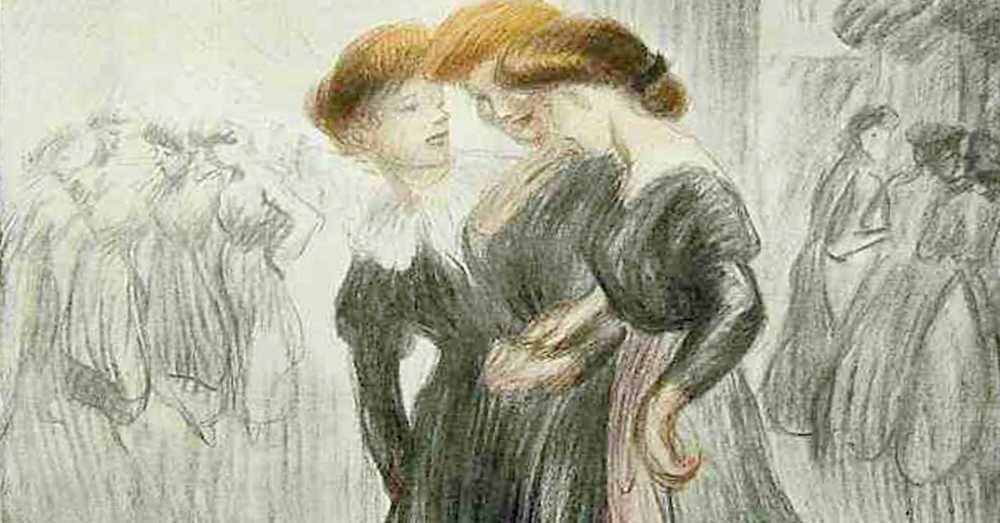We run our website the way we wished the whole internet worked: we provide high quality original content with no ads. We are funded solely by your direct support. Please consider supporting this project.
Podcast: Can Divine Simplicity Apply to a God Who IS Love and IS Relational?
Greg distinguishes practices from beliefs, and warns Christians about the evils of Christmas trees and shaking hands.

Send Questions To:
Dan: @thatdankent
Email: askgregboyd@gmail.com
Twitter: @reKnewOrg
Greg’s new book: Inspired Imperfection
Dan’s new book: Confident Humility
Subscribe:
Category: ReKnew Podcast
Tags: Attributes of God, Simplicity
Related Reading

Podcast: Should We Take Verses Where God is Forgetful, Fatigued, and Doesn’t Know the Past Literally?
Greg considers a challenge to open theisms about taking verses about God changing his mind literally. http://traffic.libsyn.com/askgregboyd/Episode_0314.mp3

Podcast: Is God Fickle?
Is there anything at stake in our life? Greg balances God’s mercy and grace with the authenticity of free will. http://traffic.libsyn.com/askgregboyd/Episode_0255.mp3

God is Love: Full Stop
Not many Christians would disagree that God is love, but many would quickly qualify that with some other kind of attribute such as justice. But love is not just one of the attributes of God alongside all others. Love is the essence of all the attributes of God. If you’d like to hear the entire sermon, you…

An Omni-Resourceful God
It is quite common for us to talk about the attributes of God as omnipotent (all-powerful), omniscient (all-knowing) and omni-present (present everywhere), but what about God’s unlimited resourcefulness? Consider the story of Moses’ commission in Exodus 3 and 4. Here the Lord instructs Moses to tell the elders of Israel that the Lord has heard…

Podcast: Does a Jesus-Centric Theology Reduce God?
Greg challenges the traditional starting point of many theologies and defends starting our theology about God’s nature and character with what has been revealed about Jesus. http://traffic.libsyn.com/askgregboyd/Episode_0325.mp3

What Does a Perfect God Look Like?
The “classical view of God” refers to the view of God that has dominated Christian theology since the earliest Church fathers. According to this theology, God is completely “immutable.” This means that God’s being and experience never changes in any respect. God is therefore pure actuality (actus purus), having no potentiality whatsoever, for potentiality is…



